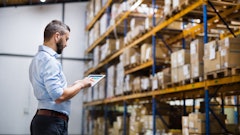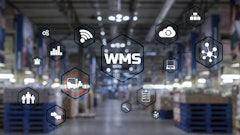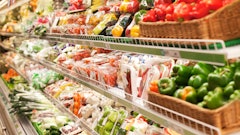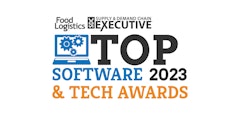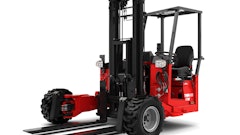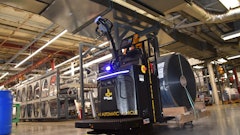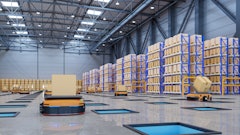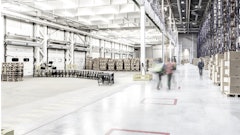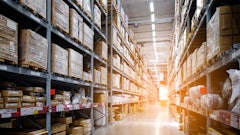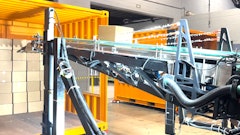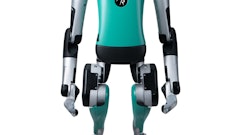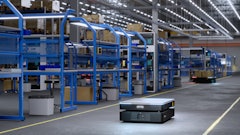
Food. It’s an essential substance that supports human life, and it’s a multi-billion dollar global industry that relies on logistics for transportation, warehousing, and distribution from the farm gates to consumers’ plates.
In the Western world, food production in the 21st century is dominated by multinational corporations who control a staggering portion of the food chain, starting with the seeds all the way to the marketing and placement on grocers’ shelves. Meanwhile, in recent years the emergence of sustainable and organic farming coupled with a movement to “eat locally” has added a new dimension to the industry. At the same time, increasing concerns over food safety and security have also had an impact on both food producers and logistics providers.
Consumers’ tastes and preferences are also shaping the food and logistics industries. It’s expected that regardless of the season, a modern grocery store will offer shoppers a cornucopia of meats and seafood, fresh produce and dairy, baked goods, and other products like flowers and wine that also rely on perishable and cold chain logistics. It’s worth mentioning that a significant amount of the food U.S. consumers buy today is also imported.
On the safety and security front, a rising number of food recalls in the U.S. has prompted the Food and Drug Administration and other government agencies to impose stricter rules and regulations affecting food production, starting with the landmark Food Safety Modernization Act that was passed last November. This is where technology advancements like RFID and software that improves visibility throughout the supply chain have become increasingly important.
As sustainability becomes more embedded in the corporate world, carbon and water footprinting are simultaneously becoming more sophisticated and widespread, particularly in the food and logistics industries.
Simply put, there’s a lot on the plate today for these two industries, which are becoming even more intimately and integrally related. I’m excited to be the new editor in chief of this valuable and important trade publication and I look forward to joining our readers as we embark on a new era in our industry.
Now, let’s get down to business. Our theme this month is safety, starting with our cover story, which examines safety issues on the warehouse floor, behind the wheel of a rig, and at the seaport. We also look at safety as it relates to forklifts and cargo theft, particularly involving food.
Finally, we want to congratulate Joshua Merrill, winner of an Apple iPad2 in Food Logistics’ recent Reader-Get-a-Reader promotion. Josh is a logistics planner at Chiquita Brands International Inc., a leading international marketer and distributor of nutritious, high-quality fresh and value-added food products—from energy-rich bananas, other fruits, blends of convenient green salads, to healthy snacking products.
With annual revenues of more than $3 billion, Chiquita employs more than 21,000 people and has operations in nearly 70 countries worldwide.
Chiquita is an industry leader in produce cold chain operations and management expertise and collaborating with customers, carriers, and technology providers. Visit them online at www.chiquitabrands.com.
Enjoy the read.





